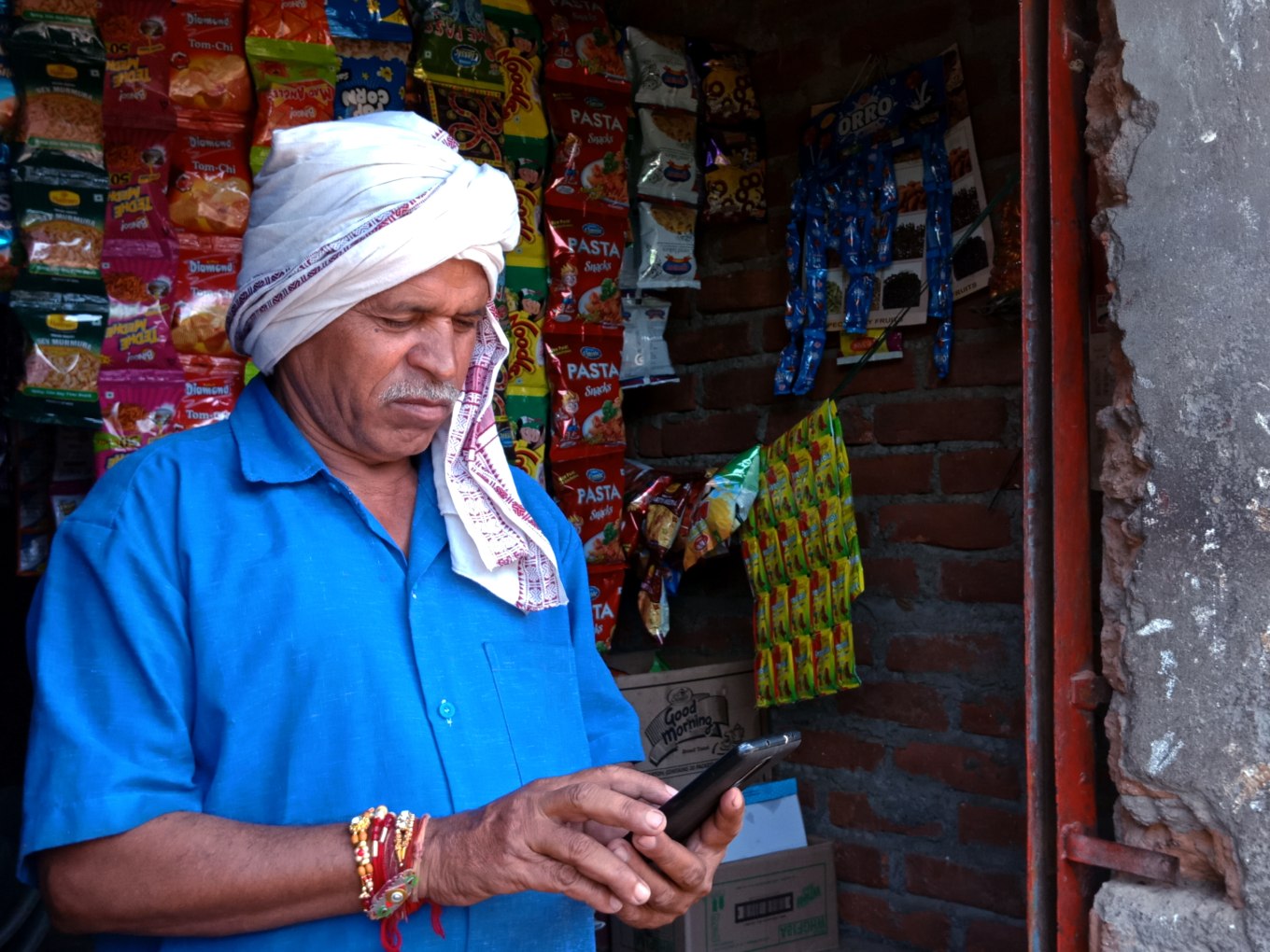
Rural fintech startup Jai Kisan has raised US$ 30 Mn (INR 217 Cr) in its Series A funding round through a mix of equity and debt funding. The round was led by Mirae Asset. Wi9th participation from Syngenta Ventures, existing investors Blume, Arkam Ventures, NABARD-backed NABVENTURES , Prophetic Ventures and Better Capital, as well as other global investors and prominent HNIs.
The debt portion of the round saw Blacksoil, Stride Ventures and Trifecta Capital investing in Jai Kisan. Prior to this, the startup had raised INR 30 Cr ($3.9 Mn) in Pre-Series A funding last June. The investment has been led by Arkam, with participation from NABVENTURES. It had also raised $1.5 Mn (INR 10.6 Cr) in its seed funding round from Blume Ventures, Prophetic Ventures, Better Capital, Astarc Ventures, Harshbeena Zaveri, managing director of NRB Bearings, and Sanjaya Mariwala from OmniActive.
The startup said it aims to use the fundraise as a launchpad to enhance its engineering and data science capabilities, expand into new geographies and start building an on-book portfolio. It said it will look to create and launch new credit products around the underserved digital lending space in rural India. Veda Corporate Advisors was the financial advisor for the startup in the fundraise.
Founded in 2017 by Arjun Ahluwalia and Adriel Maniego, Jai Kisan is a fintech company that works in financial inclusion areas for rural individuals and businesses by offering credit for transactions in online and offline rural commerce environments. The company is looking to turn the informal credit practices followed by merchants and consumers in rural areas into a formal B2B2C lending platform.
Jai Kisan builds on the existing credit relationship between businesses in rural areas and their customers such as farmers and individuals. It claims to be working with 700+ organised and unorganised entities in the space with a cumulative customer base of over 1.5 Lakh individuals including farmers. The platform offers point-of-sale or point-of-purchase credit to enable low-cost formal loans to farmers and other rural individuals, who would otherwise borrow informally, with no tracking or monitoring.
The startup launched Bharat Khata in April last year as a digital ledger and smart business solution for rural businesses to automate parts of their businesses. Jai Kisan’s Bharat Khata is claimed to have captured over US$ 380 Mn (INR 2,790 Cr) of annualized gross transaction value in one year at over 25,000 storefronts. Further, the company said it has financed over 15% of these transactions to reach an annualised loan disbursal run-rate of INR 432 Cr as of March 2021 (FY21).
Jai Kisan Joins Rural Lending Rush In Post-Pandemic Market
Cofounder and CEO Arjun Ahluwalia said the company looked to fill the gaps that traditional lending did not address in the past year. “Despite the pandemic’s multiple waves, we have seen stellar growth on our top line and bottom line while ensuring robust portfolio quality. As most financial institutions took a step back due to reliance on ground operations, it was the resilient nature of our team that made Jai Kisan standby its borrowers through these tough times.”
He dedicated the fundraise to every member of the Jai Kisan team who suffered during the pandemic and Santosh Rachawar, an employee who lost their life to Covid. “The resilience of our farmers, partners and the entire rural sector keeps us motivated to create significant impact by further disruption in the space,” Ahluwalia added.
Given the focus of Jai Kisan on the farming sector, it competes with startups such as Samunnati, Farmart and SarvaGram besides the other digital lending players that have a wider focus beyond agri fintech. The likes of Lendingkart, ZestMoney, Neogrowth, Indifi, UGro, Aye Finance, Incred among others are looking to tap the B2B digital lending opportunity through various models. Besides the omnichannel approach which involves retail market presence, Lendingkart and others are also exploring colending models by partnering more closely with banks.
As we saw in the in-depth Farming 3.0 agritech playbook by Inc42 Plus, while India is home to 1,000-plus agritech startups, only a handful are operating in the agri financing space. This segment is the least funded due to multiple challenges involved in achieving scale such as the prevalence of informal credit, repayments in cash and non-availability of customer data. Most alternative lending models in the rural finance space rely on tie-ups with farmer-producer organisations and merchants, instead of farmers or market-linkage startups. This creates data silos that often complicate the lending process for the end customers.
In September last year, the Reserve Bank of India released new lending risk weight rules for banks and formal lenders, who often work with rural lending startups. As per the RBI, from FY 2022 which is currently ongoing, a higher weight would be assigned to credit in districts where the per capita priority sector lending is less than INR 6,000. This incentivised the flow of credit to rural areas and was expected to positively impact 184 districts with low per-capita PSL credit flow in the current year and going ahead.
Given this focus, even startups have started attracting VC funds. In February this year, rural lending startup SarvaGram raised INR 77 Cr in its Series B funding round led by Elevation Capital and existing investor, social impact private equity firm Elevar Equity.
The post Jai Kisan Bags $30 Mn From Mirae Asset Amid Big Push For Rural Lending appeared first on Inc42 Media.
0 Comments